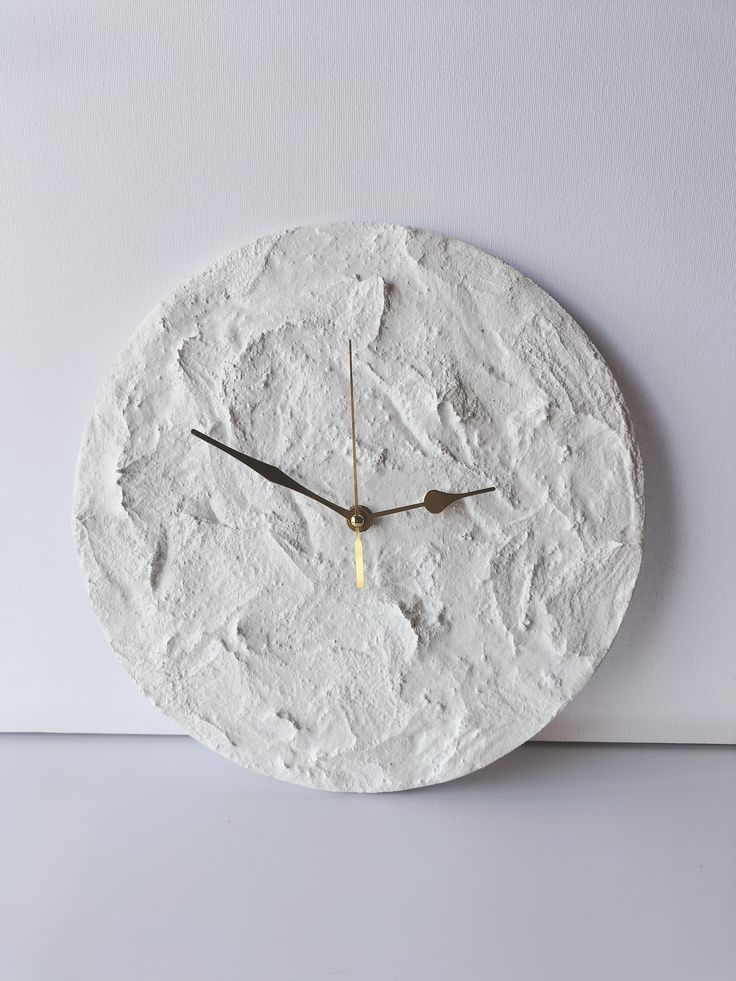Table of Contents:
- Overview of IV Therapy
- Factors Affecting the Duration of IV Therapy
- Average Duration of IV Therapy Sessions
- Advantages of Quick IV Therapy Sessions
- Conclusion
- Frequently Asked Questions
If you’re considering IV therapy, you might be wondering, “How long does IV therapy take?” Understanding the duration is crucial for planning your day and managing your time effectively.
IV therapy, a popular wellness treatment, involves the administration of vitamins, minerals, and fluids directly into your bloodstream through an intravenous line. The length of a session can vary depending on the type of infusion you’re receiving and your individual needs.
Whether you’re seeking hydration, immune support, or energy enhancement, knowing the typical duration of these therapy sessions can help you schedule your appointments with confidence.
From quick 30-minute boosts to longer sessions lasting up to an hour or more, it offers flexibility to fit your busy lifestyle. Stay tuned to discover more insights on the duration and benefits.
Overview of IV Therapy
Understanding the duration of this therapy is crucial for effective time management. It involves the direct administration of vitamins, minerals, and fluids into your bloodstream via an intravenous line.
The length of each session can vary depending on the specific type of infusion and your requirements. Sessions can range from quick 30-minute boosts to longer sessions lasting up to an hour or more.
Being aware of the typical durations can help you confidently schedule appointments and provide the flexibility to accommodate your busy lifestyle.
Factors Affecting the Duration of IV Therapy
When it comes to the duration of sessions, various factors play a crucial role in determining how long each session will take. Understanding these factors can help you better plan and manage your time effectively during IV therapy sessions.
Type of Medication Administered
The specific type of medication being administered through IV therapy can significantly impact the duration of the session. Some medications may require a slower infusion rate to minimize side effects, while others can be administered more quickly.
The complexity of the medication and the dosage prescribed by your healthcare provider can influence how long the session will last.
Patient’s Condition and Response
Another key factor that can affect the duration is the patient’s condition and how their body responds to the treatment. Factors such as hydration levels, overall health status, and the specific purpose of the IV therapy can all impact how quickly the body absorbs the infused fluids and nutrients.
Patients with certain health conditions or unique responses to treatment may require longer or shorter sessions to achieve the desired outcomes.
Average Duration of IV Therapy Sessions
When it comes to the average duration, it’s essential to understand that the length can vary based on several factors. These factors play a significant role in determining how long each session may last and can impact your overall experience during the infusion process.
Factors Influencing Session Duration:
- Type of Medication: The specific type of medication being administered via IV can greatly influence the duration of your therapy session. Some medications may require a longer infusion time to ensure safe and effective delivery into your bloodstream.
- Patient’s Condition: Your health condition and response to the treatment can also affect the duration of IV therapy sessions. Patients with specific health conditions may require longer or more frequent sessions to achieve the desired therapeutic outcomes.
- Response to Treatment: How your body responds can also influence the session duration. Depending on how quickly your body absorbs the infused fluids and nutrients, the healthcare provider may adjust the duration of the session accordingly.
Understanding these factors can help you better prepare for your sessions and manage your time effectively. By staying informed about the potential duration of each session, you can plan and ensure a smooth and efficient experience during your treatment.
Advantages of Quick IV Therapy Sessions
Speedy sessions offer several benefits that can enhance your overall treatment experience.
Here are some advantages of opting for shorter IV therapy sessions:
- Time Efficiency: Quick sessions mean you spend less time at the treatment center, allowing you to fit your sessions more conveniently into your schedule.
- Improved Comfort: Shorter sessions can be more comfortable for patients, particularly those who may have difficulty sitting still for extended periods.
- Faster Recovery: The efficiency of quick sessions can contribute to faster recovery times, ensuring you get back to your daily routine promptly.
- Enhanced Productivity: Spending less time in each session can help you stay productive, as you have more time for other activities or work commitments.
- Cost-Effective: Shorter sessions may translate to lower overall costs, reducing the financial impact of your treatments.
- Minimal Disruption: Quick sessions minimize the disruption to your daily life, allowing you to maintain your usual routines without significant interruption.
Choosing quick sessions can streamline your treatment process, providing you with a range of advantages that support your health and overall well-being.
Conclusion
Understanding the duration of IV therapy sessions is key for effective time management. Session lengths vary depending on factors such as medication type and individual response. Being aware of the average duration helps in planning and optimizing your schedule.
Opting for shorter sessions can provide time efficiency, comfort, and faster recovery. It also supports productivity, cost-effectiveness, and minimal disruption to your daily routine.
Prioritizing shorter sessions can streamline your treatment journey and contribute to your overall well-being.
Frequently Asked Questions
What is IV therapy and why is it important to know the duration of IV therapy sessions?
It involves delivering essential nutrients and fluids directly into the bloodstream through an intravenous line. Understanding session durations is crucial for effective time management due to varying factors like medication type, patient condition, and treatment response.
What are the benefits of quick IV therapy sessions?
Quick sessions provide benefits such as time efficiency, better comfort, faster recovery, increased productivity, cost-effectiveness, and minimal disruption to daily routines. Opting for shorter sessions can streamline the treatment process and support overall health and well-being.



